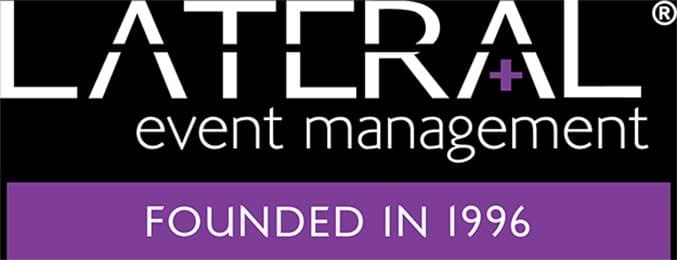Brainstorming extraordinary events (part two)
As we discussed last week, effective brainstorming is crucial to creating an extraordinary event. The brainstorm session needs to follow a basic agenda but the conversation needs to flow fairly freely so long as everyone sticks to the subject and has their feet on the ground and their brains engaged.
In order to keep your brainstorm on the right track, consider the following suggested agenda items:
- Why are we running this event – what are the outcomes we want?
- Who are our prospective guests?
- What are their interests?
- What are the ideal time, day and place to stage the event for these guests?
- What is the mindset of these prospective guests – what will be their expectations?
- Would an invitation to this event be certain to receive a positive response? If not, what could we do to enhance the experience to ensure a positive response?
- Can we control our venue or is it a shared facility?
- What choices do we have for the provision of catering, and what would be the optimum catering system?
- Are we allowing enough time for networking or relationship building?
- What is the first impression the guests will have? How can we make a great first impression?
- What will be the guests’ last impression, and is there a way we can make sure they leave the event feeling positive about their experience?
- Should we introduce talent, personalities, entertainment or additional experiences to make the event special?
- Are there partners we should introduce to help bring added value?
- Can we introduce a surprise and delight (SAD) element? What would it take to put this event over the top?
- If you are providing gifts, is the merchandise going to be appreciated and valued or are you just going through the motions in giving them something which will be thrown in a drawer or the back of a closet, never to be seen again?
- Will there be a problem with guests getting transport home? A well-managed exit strategy from a crowded venue, in which your guests walk directly to awaiting cars and ease past long taxi lines, will earn you a lot of brownie points and leave the guests’ last memory of the event a positive one. You want your guests to be saying, “They really thought of everything!”
- Ask what can go wrong – and what contingency plans need to be developed to manage any possible problems.
- Lastly, can you afford the concepts which you have developed?
Large budgets do not necessarily result in highly creative events, but it is far easier to deliver creative events with a lot of money. There are many creative things you can do with small budgets. The real message is to think creatively, and blend creativity with pragmatic logic to ensure a low risk, high impact, ‘smart’ event.
